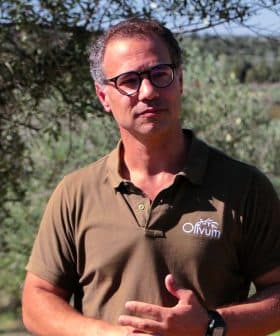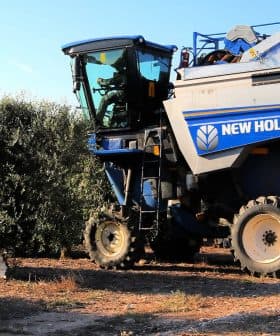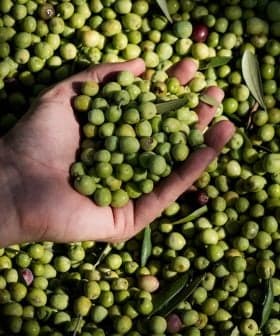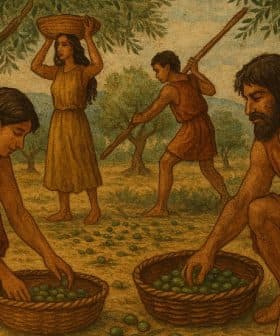Researchers Identify Compounds to Stem the Spread of Verticillium Wilt
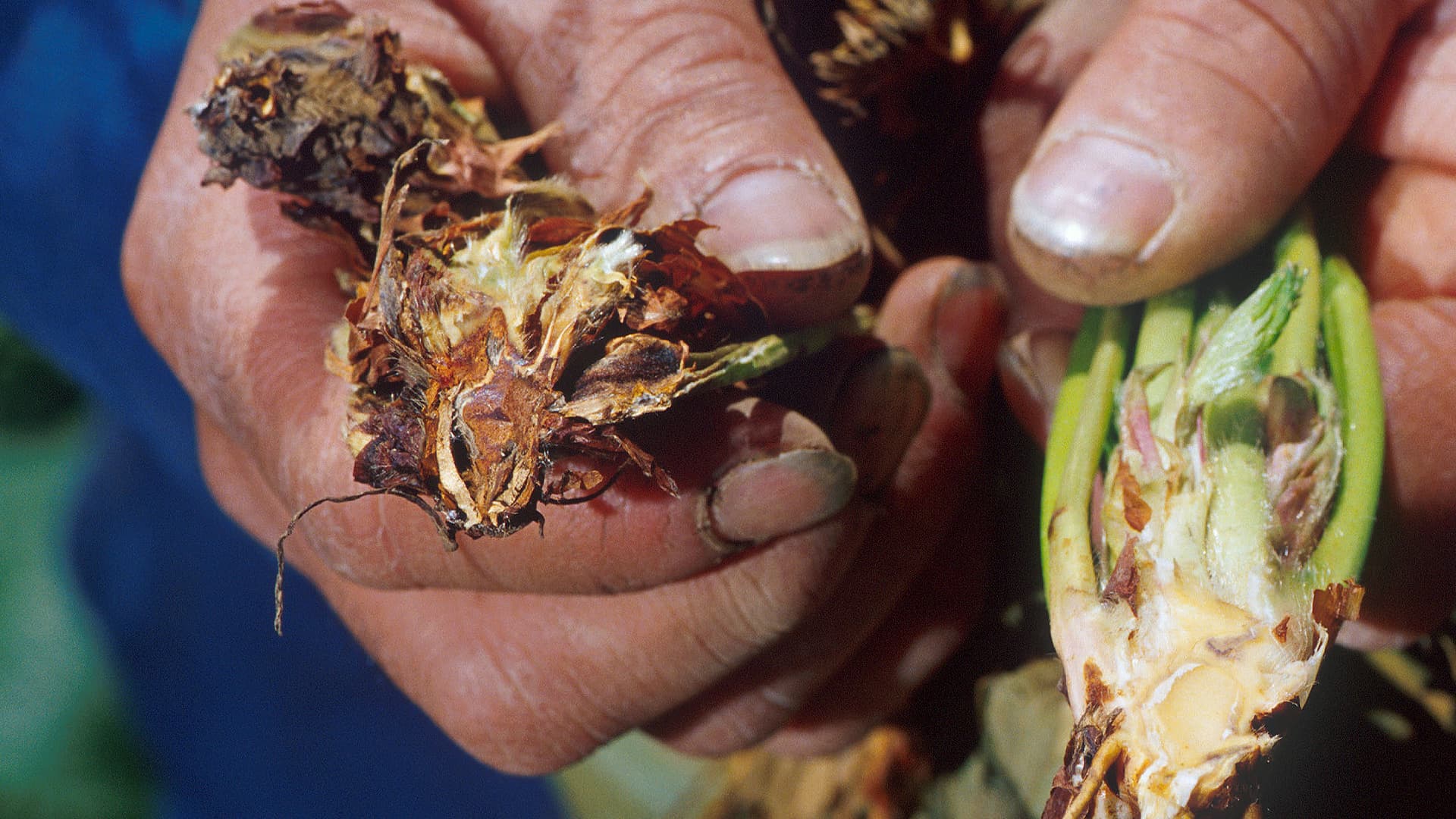
Researchers from the University of Córdoba have identified two microorganisms and a copper phosphite fertilizer that could help control the spread of Verticillium wilt, a destructive olive tree disease. These compounds, when applied preventatively, have been shown to improve the trees’ natural defenses against the disease by up to 70%, with further field tests planned to determine their effectiveness in practice.
A new study published in Frontiers in Plant Science by researchers from the University of Córdoba’s agronomy department has identified a potential strategy to stem the spread of Verticillium wilt.
Considered the most disruptive olive tree disease due to its high levels of mortality and the reduction of fruit production that takes place during the infection, Verticillium wilt can survive for up to 14 years in the soil.
We selected these three compounds because, applied via irrigation in olive seedlings inoculated with V. dahliae (the fungus that spreads the disease), they reduced the development of the disease by up to 70 percent.
As a result, finding a mitigation strategy has been a top priority for researchers in olive oil-soaked Andalusia.
After more than a decade of investigating more than 20 different compounds, researchers identified two beneficial microorganisms – Aureobasidium pullulans and Bacillus amyloliquefaciens – and a copper phosphite fertilizer that may help control the disease.
See Also:Researchers Unveil the Latest Technologies to Help Harvest and Produce Olive OilInitially, the researchers tested the two microorganisms and one compound in vitro but found they had no direct impact on the disease.
However, when applied to the trees as a preventative measure, the researchers discovered that they improved the trees’ natural defenses against the disease before they became infected.
“We selected these three compounds because, applied via irrigation, in olive seedlings inoculated with V. dahliae [the fungus that spreads the disease], they reduced the development of the disease by up to 70 percent,” said Ana López-Moral, a researcher at the university.
The researchers later discovered that the microorganisms and compounds could also effectively be applied through the leaves of the trees, meaning the treatment could also be applied in non-irrigated groves too.
López-Moral added that each microorganism and compound promotes the resistance of the olive trees through different mechanisms, which partially explains the robust effectiveness of the treatment in the study.
“The most striking thing was that the induction of resistance caused by the two microorganisms used is regulated by different metabolic pathways,” she said. “While B. amyloliquefaciens triggers the activation of defenses through the salicylic acid pathway, when we apply A. pullulans, we detect that the pathway involved corresponds to that regulated by jasmonic acid.”
Along with providing resistance to Verticillium wilt, the researchers believe the compounds may also be effective against other pathogens but stressed further research would be required to test this hypothesis.
For now, they are focusing on the next stage of this experiment, which involves field tests in olive groves growing in various climates and soil types to determine how effective the treatment would be in practice.


